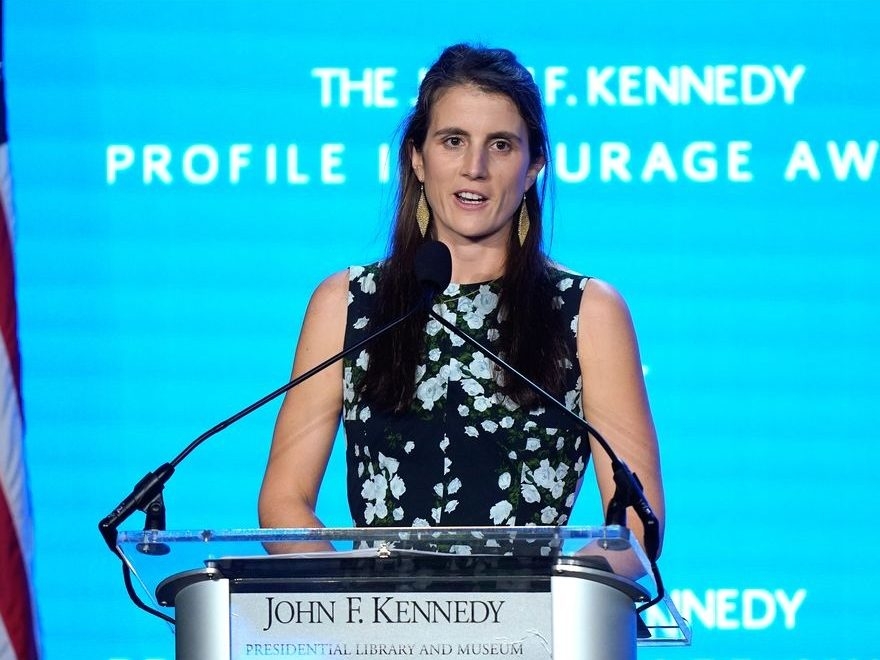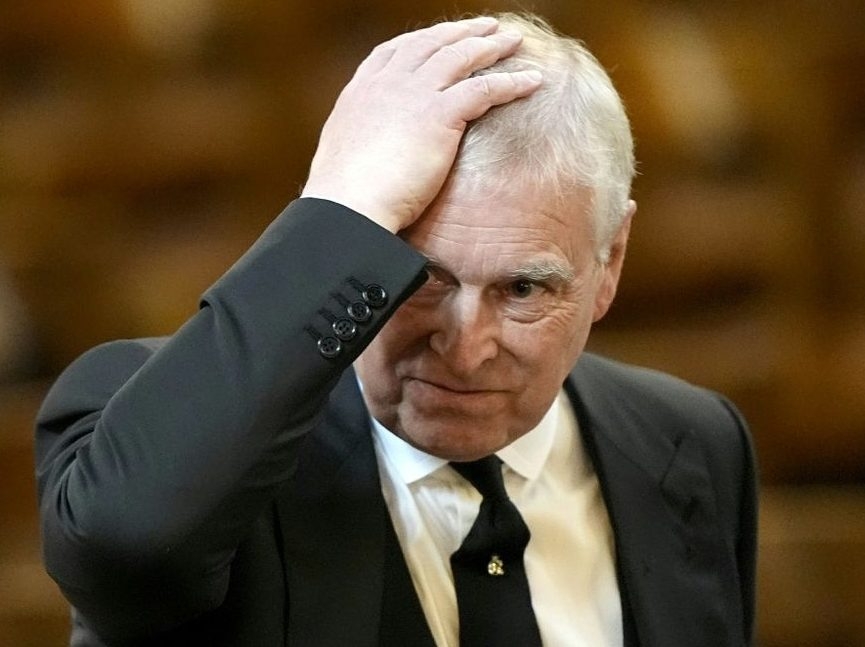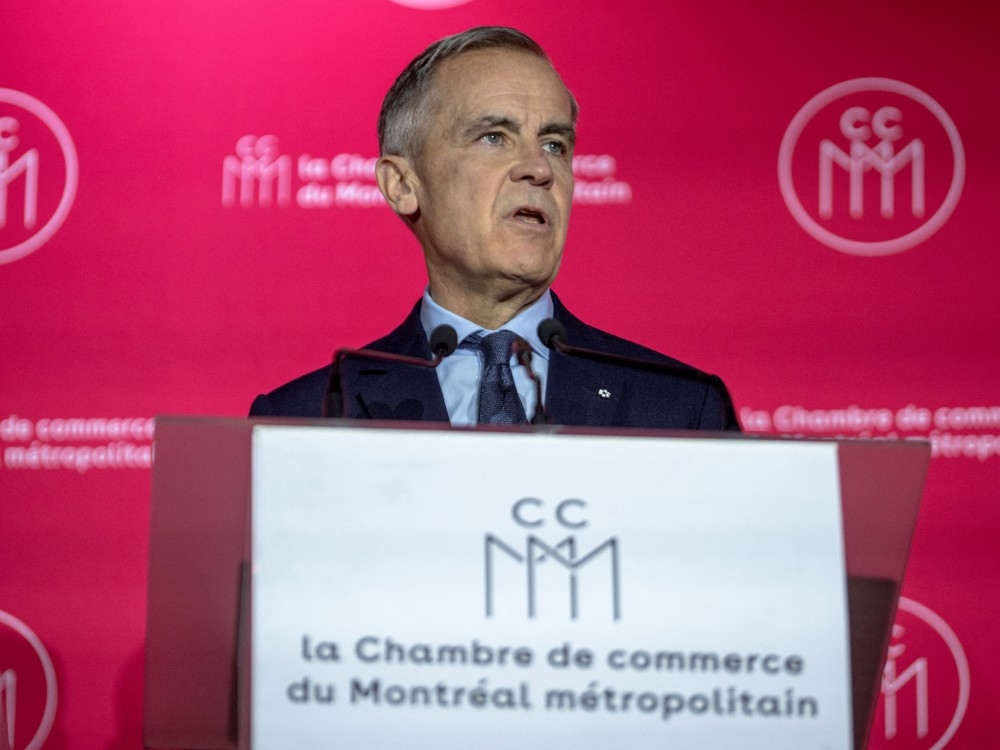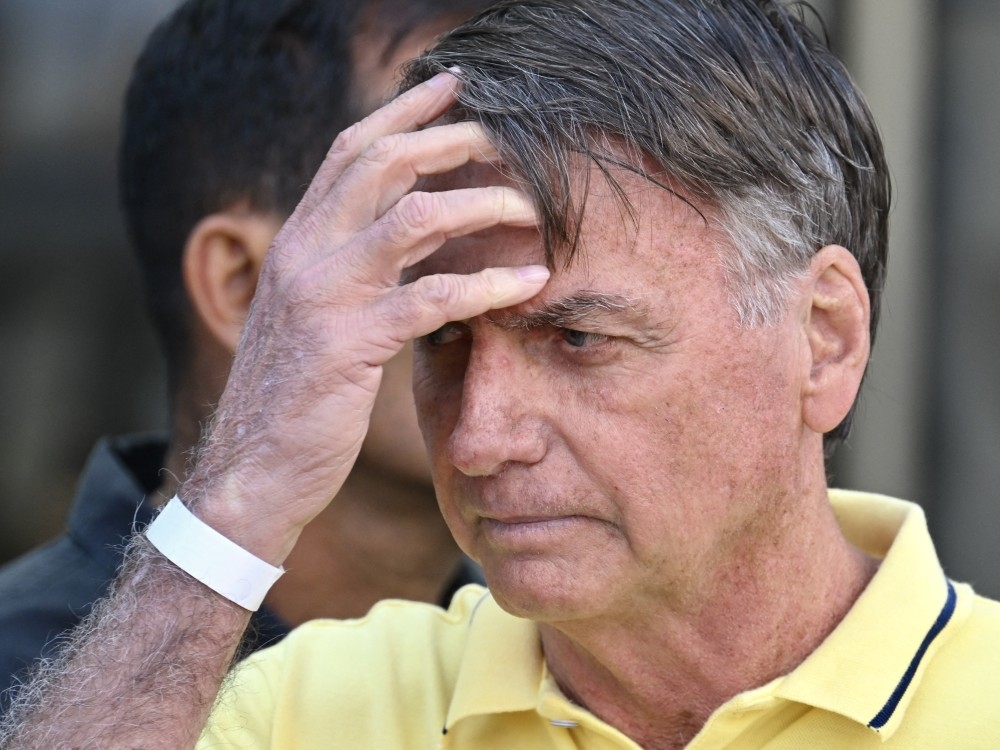Johannesburg became the epicenter of a shifting world order this weekend, as global leaders convened in South Africa to navigate a landscape increasingly fractured by disruptive policies emanating from Washington. The summit wasn’t about confrontation, but about charting a course forward – a course defined by consensus on critical issues like climate change and gender equality, and a subtle, yet firm, pushback against proposals deemed inadequate, particularly concerning the ongoing conflict in Ukraine.
For Canada, the summit presented a unique opportunity to recalibrate relationships and secure strategic advantages. A surprising technology pact was forged with India, a nation recently considered an adversary, signaling a willingness to adapt to evolving geopolitical realities. Simultaneously, difficult decisions were made closer to home, including a reduction in funding for global health initiatives, a move necessitated by the pressures of escalating trade tensions with both the United States and China.
Foreign Affairs Minister Anita Anand declared the gathering “a great day for multilateralism,” emphasizing Canada’s commitment to asserting its interests – both economically and in upholding its core values. This wasn’t simply about participation; it was about actively shaping the agenda and demonstrating a resolve to navigate a world where traditional alliances are being tested.
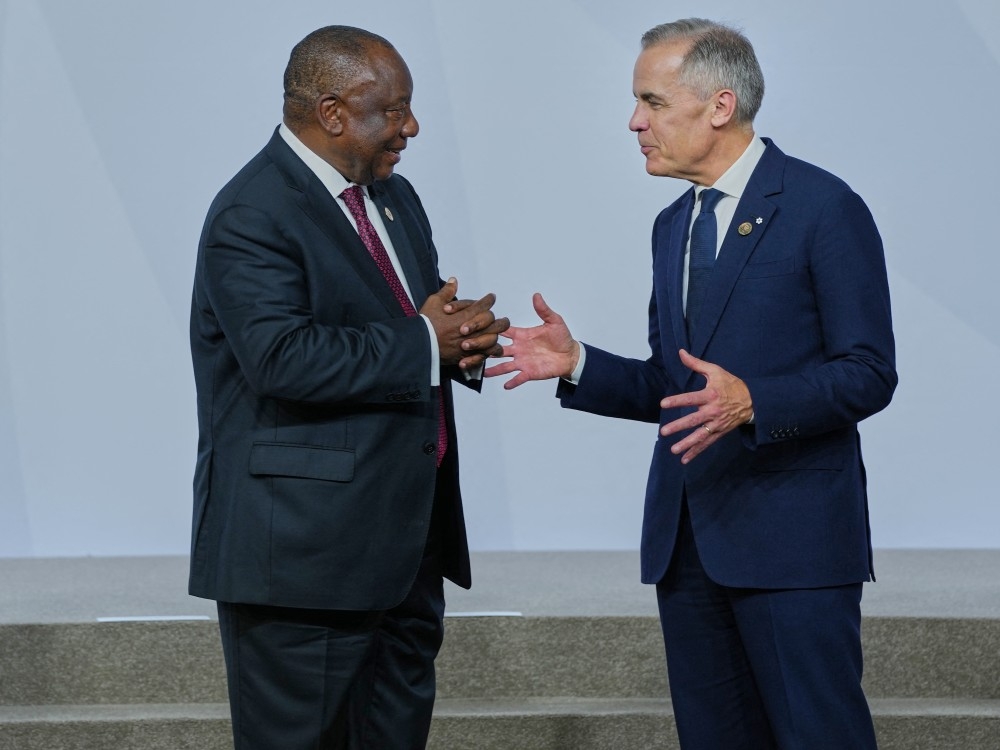
The shadow of U.S. President Trump’s boycott loomed large, fueled by unsubstantiated claims of anti-white violence in South Africa. Analysts feared the absence of a key player could derail the summit and prevent a unified declaration – a particularly significant setback given this was the first G20 leaders’ summit held on the African continent.
However, South African President Cyril Ramaphosa delivered a powerful message of resilience, announcing that an “overwhelming consensus” had been reached on a comprehensive 122-paragraph agreement. This wasn’t merely a symbolic victory; it was a testament to the collective determination of nations representing the vast majority of the world’s population to move forward, regardless of one nation’s absence.
The agreement addressed pressing global concerns, including a strong call to action against violence towards women, a particularly poignant issue given the recent declaration of femicide as a national disaster within South Africa itself. The declaration underscored a commitment to tackling systemic issues and prioritizing the safety and well-being of vulnerable populations.
Beyond the headline agreements, the summit facilitated crucial discussions on inclusive economic growth, reforming development financing, and accelerating the transition to clean energy. South Africa skillfully positioned the agenda to address the unique challenges and opportunities facing the African continent and the developing world.
While the U.S. boycott was dismissed as a “short-term blip” by South African officials, the underlying tensions were palpable. A planned formal transfer of the G20 chairmanship was rejected, deemed a breach of protocol, highlighting a growing disconnect in diplomatic norms.
Further friction arose over the Trump administration’s proposed peace deal for Ukraine, widely criticized for appearing to favor Moscow’s interests. The plan, which calls for territorial concessions and limitations on Ukraine’s sovereignty, faced unified opposition from Canada, European nations, and Japan.
Canada, alongside its allies, affirmed its unwavering support for Ukraine’s territorial integrity and its right to determine its own future. Minister Anand emphasized that any lasting peace must be rooted in respect for international law and Ukraine’s sovereign decision-making.
Amidst these high-level negotiations, Prime Minister Carney focused on strengthening Canada’s economic ties and positioning Ottawa as a champion of rules-based trade. A new partnership was launched with India and Australia, focused on diversifying supply chains, promoting clean energy, and harnessing the potential of artificial intelligence.
This trilateral agreement represents a strategic move to counter coercive trade practices and build resilience in the face of growing global uncertainty. It signals Canada’s commitment to fostering collaboration with like-minded democracies and promoting a more equitable and sustainable economic order.
However, the summit wasn’t without difficult compromises. Canada announced a reduction in its contribution to the Global Fund, a vital organization fighting infectious diseases. While officials cited budgetary constraints related to trade wars, the decision drew criticism from HIV activists who warned of potentially devastating consequences for access to life-saving drugs.
Minister Anand defended the decision, noting that Canada’s proportional contribution remains significant and reaffirming the country’s broader commitment to global health and development. The move, however, underscores the complex trade-offs nations face in navigating a turbulent geopolitical landscape.
As Prime Minister Carney prepares to depart South Africa, the summit leaves behind a clear message: the world is adapting to a new era of multilateralism, one where nations are increasingly willing to forge their own path, even in the face of pressure from powerful actors. The decisions made in Johannesburg will resonate far beyond the conference halls, shaping the future of global cooperation and the pursuit of a more just and sustainable world.
